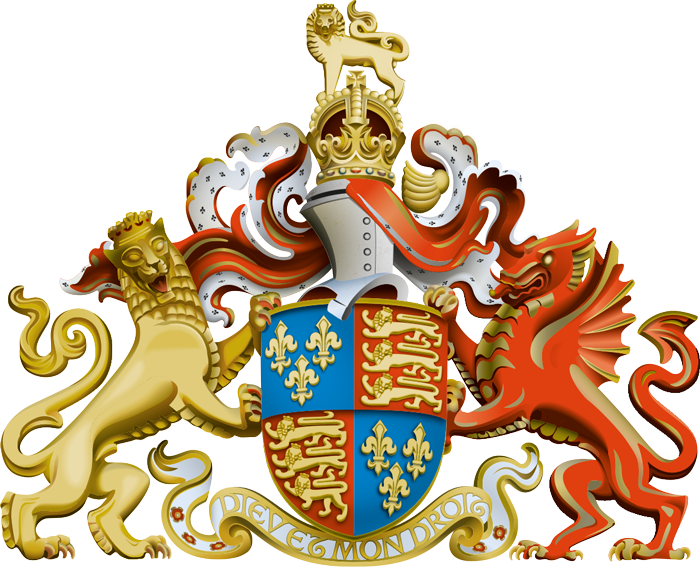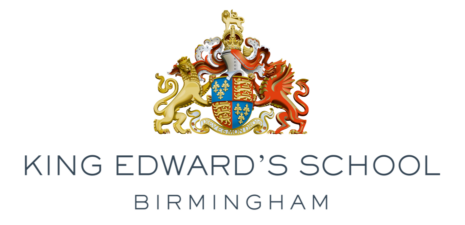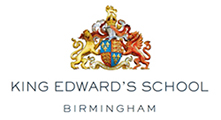King Edward’s School, Birmingham, has been a significant force in education since its establishment nearly 500 years ago.
King Edward’s School, Birmingham was founded in 1552 by King Edward VI, one of a number of now famous schools created during the young king’s brief reign.
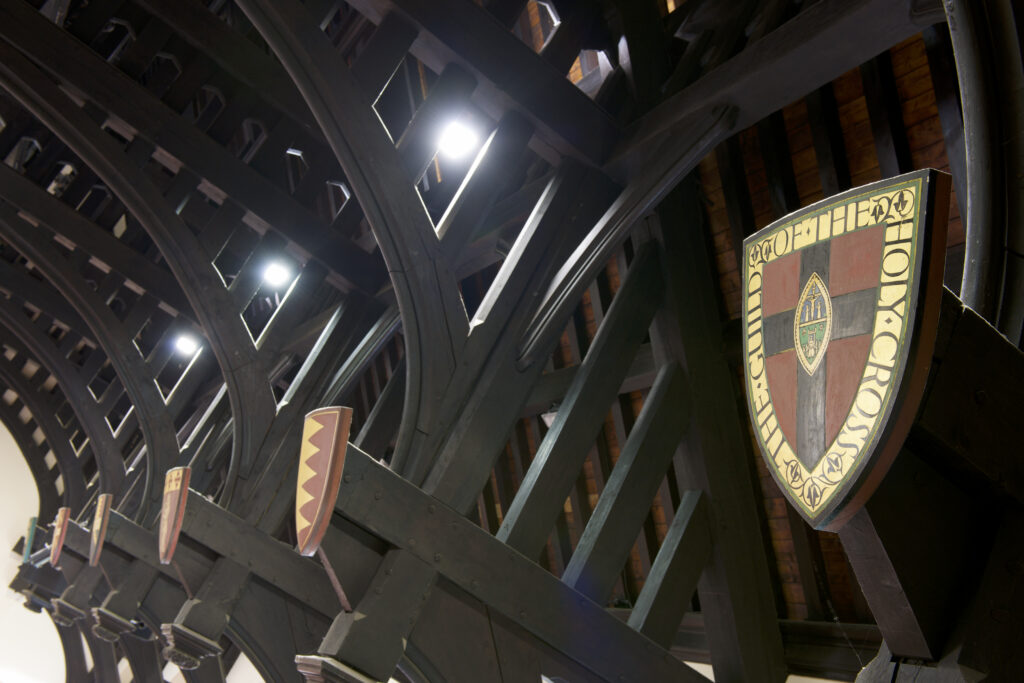
The School was formed by the Gild of the Holy Cross, a medieval religious guild in Birmingham, and received the Royal Charter of King Edward VI on 2 January 1552. Initially the School occupied the Gild Hall, which stood on New Street in the centre of Birmingham, and educated approximately 70 boys. A Petty School (English School) was established in the 1600s to act as a preparatory school to King Edward’s, which served approximately 40 boys, and by the 1680s there were close to 200 boys in King Edward’s School.
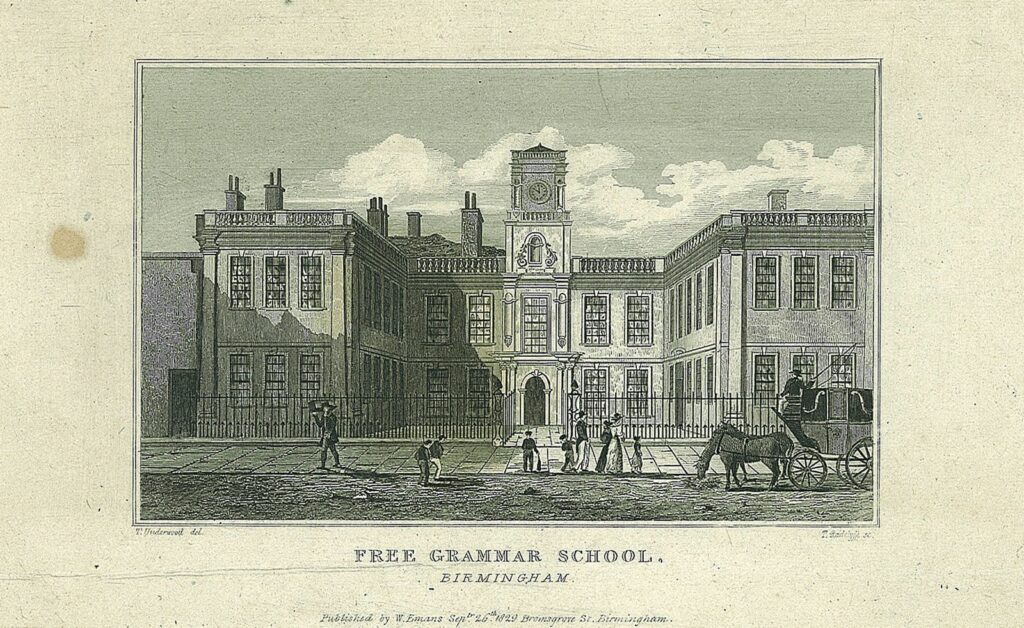
As the then ‘town’ of Birmingham grew, the School needed to accommodate a greater number of boys. On 4 May 1731 it was ordered that the school ‘be pulled down and rebuilt’. The new Georgian school building was erected on the site of the original school and took three years to complete. It was an attractive, two-storey building with two wings projecting from a central block enclosing a courtyard which was open on the fourth side.
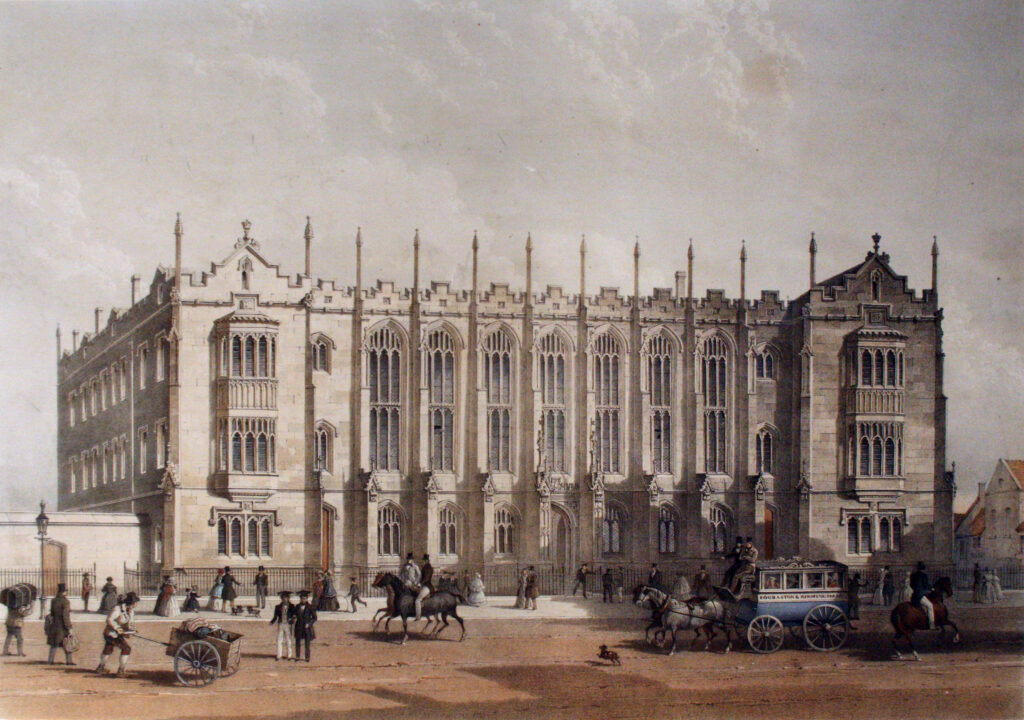
At about the same time as the Georgian school was being replaced by a magnificent new school designed by Charles Barry (1838), the architect of the Houses of Parliament, a new breed of headmasters began to lead the School. These headmasters propelled the School to academic eminence, reflecting the growing status and prosperity of the city itself. Continuing their legacy, the surnames of these Chief Masters are the names of six of the eight Houses that boys become part of when starting at the School: Jeune (1834-38), Prince Lee (1838-48), Gifford (1848-62), Evans (1862-72), Vardy (1872-1900), and Cary Gilson (1900-29).
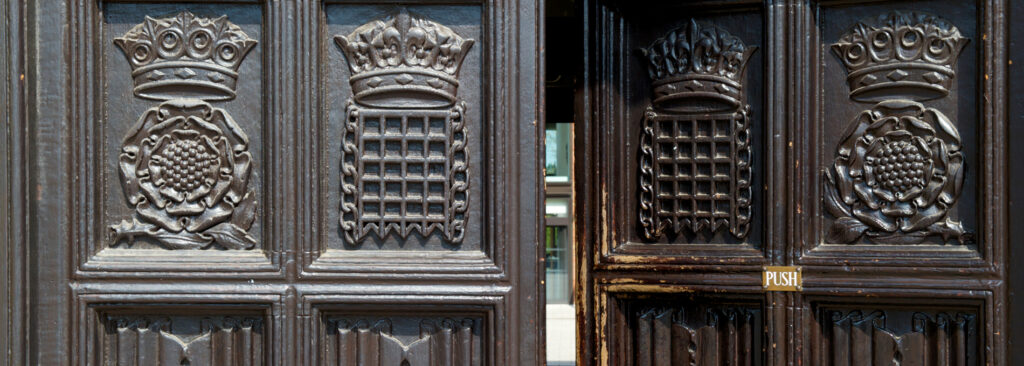
In 1883, the governors created the High School for Girls (KEHS) and the five Foundation grammar schools. This was and continues to be a huge contribution to education in the city.
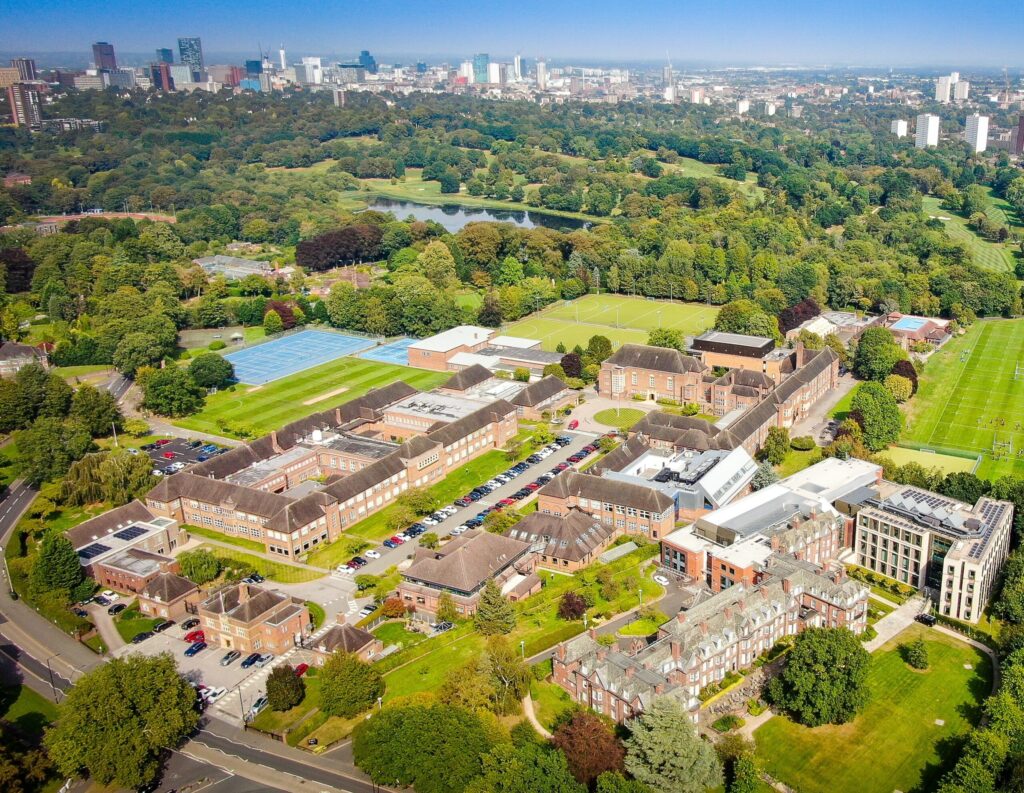
The considerable developments in education, in Birmingham and in the School itself, demanded a more suitable location be found for the School. King Edward’s School moved out of the limitations of Barry’s New Street building to its present 50-acre site in Edgbaston in 1936.
The School has continued to change with the city and has become a multi-cultural, multi-faith, multi-ethnic institution and is one of the most diverse independent schools in the country. Maintaining its historic moral purpose to serve the children of the city of Birmingham, the School’sPartnership Programme engages with thousands of children across the city each year and the provision of means-tested Assisted Places ensures the School remains accessible to all able boys from Birmingham and the surrounding areas.
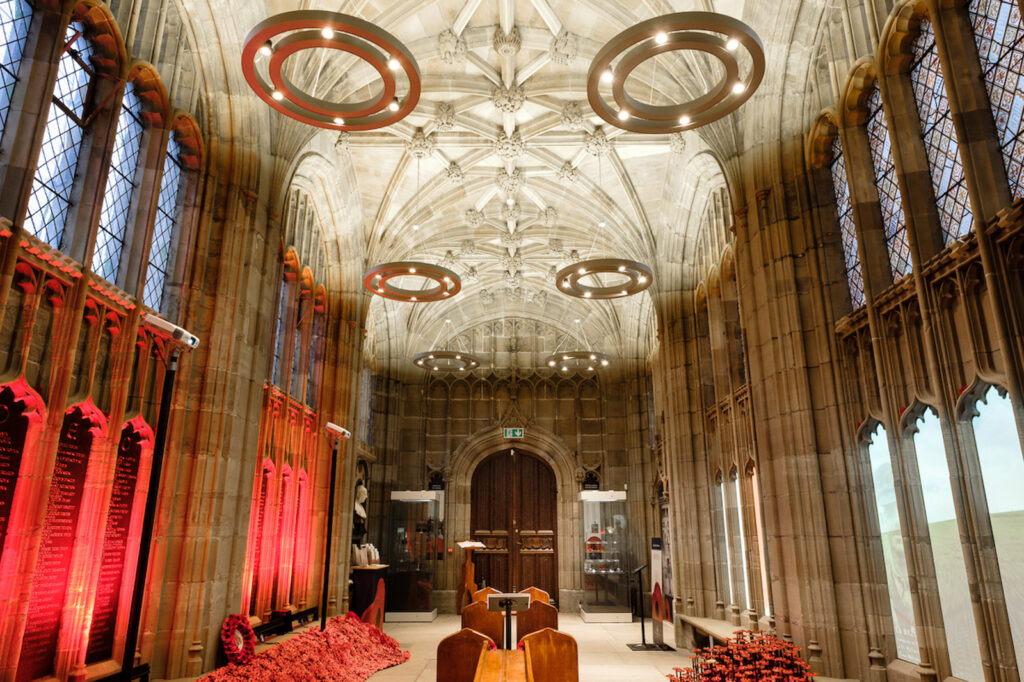
Throughout the Great War hundreds of King Edward’s School’s old boys and masters fought and died in the many campaigns on land, sea and in the air.
Explore the remarkable contributions made by over 1,400 Old Edwardians who served in the Great War on our OE website.
